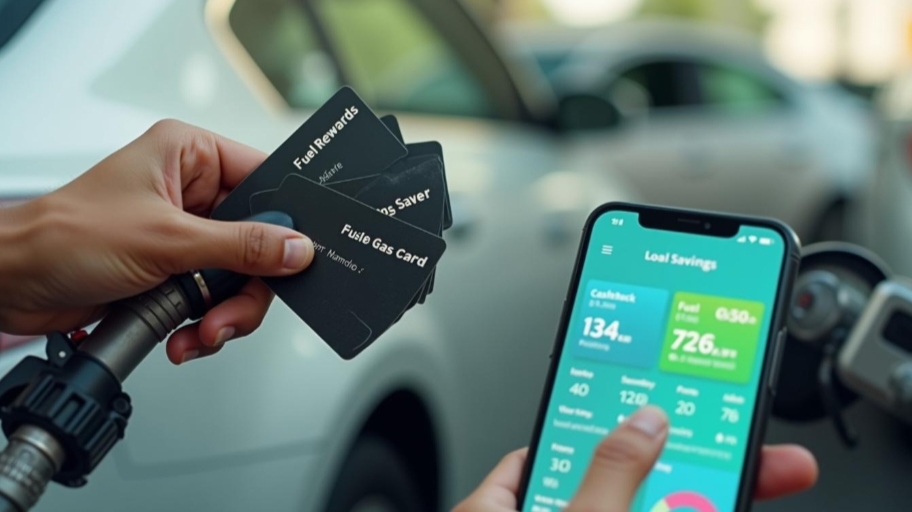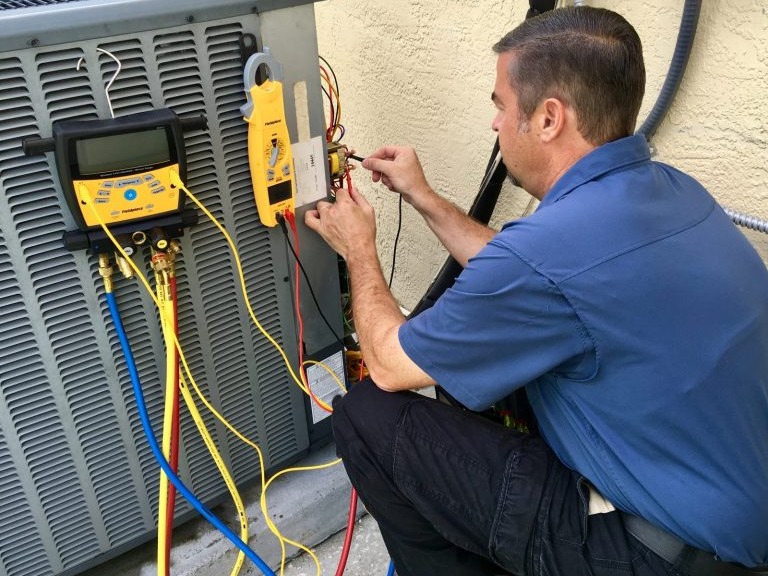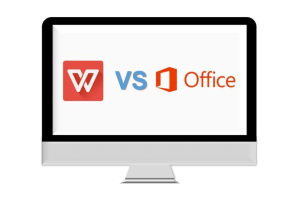Best Gas Cards for Fuel Savings and Rewards in 2025
Gas cards have become essential tools for drivers looking to offset rising fuel costs while earning valuable rewards on every purchase. With average gas prices fluctuating between $3.50 and $4.00 per gallon across the U.S., selecting the right gas card can save hundreds of dollars annually through cashback programs, points accumulation, and exclusive discounts at participating stations. Phillips 66 fuel cards for fleets offer branded cards that provide enhanced benefits at their locations, while general-purpose credit cards deliver flexibility across multiple gas station chains. Understanding which gas card aligns with your driving habits, credit score requirements, and preferred payment methods will determine whether you maximize your fuel savings or leave money on the table.
The current market offers three distinct categories of gas cards: branded fuel cards tied to specific oil companies, general rewards credit cards with elevated gas purchase rates, and prepaid fleet cards designed for business expenses. Each type serves different customer needs, from individual commuters seeking convenience at local stations to business owners managing multiple vehicle transactions. Recent data shows that strategic gas card users save an average of 3-5% on fuel purchases, with some premium cards offering up to 5% cashback on gas station spending.
How Gas Cards Work and Their Core Benefits
Gas cards function as specialized payment instruments that provide enhanced rewards when used at fuel stations, differentiating themselves from standard credit cards through targeted benefits and loyalty programs. When you swipe a gas card at the pump, the issuer processes your transaction while automatically applying any applicable discounts or earning rates specific to that purchase category. Most gas cards operate on established credit card networks like Visa or Mastercard, ensuring broad acceptance beyond just fuel purchases, though the highest rewards typically apply to gas station transactions.
The application and approval process for gas cards mirrors traditional credit card requirements, with issuers evaluating your credit score, income, and existing debt obligations. Premium gas cards generally require good to excellent credit (670+ FICO score), while some branded station cards accept applicants with fair credit. Security features include fraud monitoring, zero liability protection, and instant transaction alerts through mobile apps, providing peace of mind for frequent users.
Top Gas Credit Cards and Current Offers
Leading gas cards in 2025 include the Costco Anywhere Visa Card (4% back on gas), Blue Cash Preferred from American Express (3% at U.S. gas stations), and the PenFed Platinum Rewards Visa (5 points per dollar on gas). Each card structures its rewards differently, with some offering rotating quarterly categories while others maintain consistent earning rates year-round. Annual fees range from $0 to $95, with higher-fee cards typically providing additional benefits like travel insurance, purchase protection, and elevated rewards in multiple spending categories.
Chevron and other major fuel brands offer proprietary cards that combine instant per-gallon discounts with long-term rewards accumulation. These branded options often feature lower credit score requirements and provide exclusive member pricing at participating locations.
Understanding Credit Score Requirements and Approval
Credit score requirements for gas cards vary significantly based on the issuer and card tier, with premium rewards cards demanding scores above 700 while entry-level options accept scores as low as 580. Your approval odds increase when you maintain a debt-to-income ratio below 36%, have at least one year of credit history, and show consistent payment behavior on existing accounts. Some gas station chains offer secured card options for customers rebuilding credit, requiring a refundable deposit that becomes your credit limit.
Improving your approval chances involves checking your credit report for errors, paying down existing balance transfers, and avoiding new credit applications 3-6 months before applying. Many issuers now offer pre-qualification tools that perform soft credit checks, allowing you to assess your approval likelihood without impacting your credit score.
Maximizing Rewards Through Strategic Purchases
Effective gas card usage extends beyond simply swiping at the pump, requiring strategic planning to maximize points accumulation and cashback earnings. Combining gas cards with station loyalty programs can stack savings, potentially reaching 7-10% off regular prices when promotions align. Many cards offer bonus rewards for purchases inside convenience stores, allowing you to earn elevated rates on snacks, beverages, and automotive products during the same visit.
Smart cardholders track rotating category bonuses, time major fill-ups with promotional periods, and use mobile apps to locate stations offering the best rewards rates. Some cards provide additional value through partnerships with hotels, restaurants, and retail stores, expanding your earning potential beyond fuel expenses.
Business Gas Cards and Fleet Management Services
Business gas cards streamline expense tracking while providing detailed billing statements that simplify accounting and tax preparation. Fleet managers can set individual spending limits, restrict purchases to fuel only, and monitor driver transactions in real-time through online account management portals. These specialized cards often include features like odometer tracking, maintenance alerts, and customizable reporting that help businesses control costs and improve operational efficiency.
Popular business options include the WEX Fleet Card, Fuelman, and Shell Fleet Navigator Card, each offering nationwide acceptance at thousands of locations. Volume-based pricing provides additional savings for companies with multiple vehicles, while dedicated customer service teams assist with account setup, card distribution, and ongoing support needs.
Gift Cards and Alternative Payment Options
Gas gift cards provide a flexible alternative for budget-conscious consumers and make practical gifts for college students, new drivers, or anyone facing financial constraints. Unlike credit cards, gift cards don’t require credit checks or create debt obligations, making them accessible to all customers regardless of credit history. Major chains sell gift cards in denominations from $25 to $500, often running promotions that include bonus value or discounts on bulk purchases.
Digital payment methods through apps like GasBuddy, GetUpside, and station-specific applications offer cashback without requiring a physical card. These platforms connect to your existing debit or credit accounts, applying instant discounts at checkout while maintaining transaction security through encryption and tokenization. California and other states have introduced regulations protecting consumer rights regarding gift card expiration dates and fees, ensuring purchased value remains available for extended periods.
Network Coverage and Station Acceptance
Understanding network coverage helps cardholders maximize their benefits by choosing cards accepted at convenient locations along their regular routes. Major fuel networks in the U.S. include ExxonMobil (12,000+ stations), Shell (14,000+), and BP (7,200+), with most branded cards offering enhanced rewards at affiliated locations. General-purpose gas cards typically provide consistent rewards across all fuel brands, trading higher rates at specific stations for broader acceptance and flexibility.
Urban areas generally offer more station options, while rural regions may have limited choices that influence card selection. Mobile apps help locate participating stations, compare current prices, and identify locations offering special promotions. International travelers should verify foreign transaction fees and worldwide acceptance before relying on gas cards abroad, as many branded cards restrict benefits to domestic purchases.



